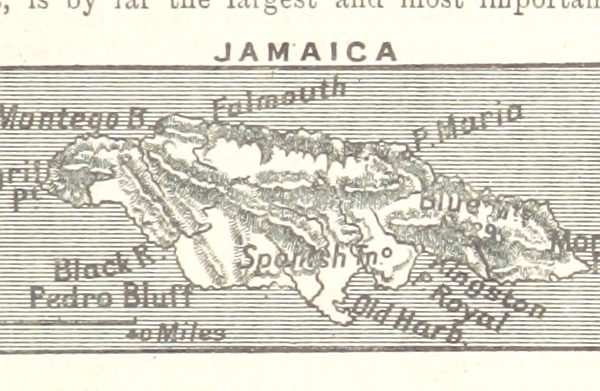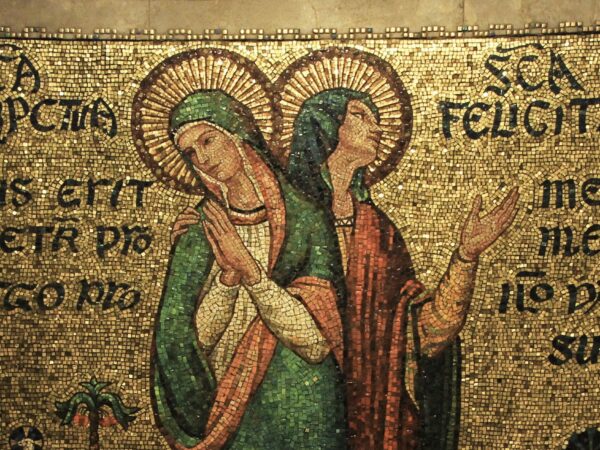
In an era of systemic collapse, we need radical ecowomanist theory for survival and liberation.
By CiAuna Heard

I recently finished reading Willie James Jennings’s earth-shattering book, The Christian Imagination: Theology and the Origins of Race. While Jennings’s primary aim is to drastically reorient our theological approaches to race and racism, his project poses much broader challenges to conventional theological methodology. He insists that traditional western theologians who have rightly been concerned with questions of orthodoxy and intellectual edification have nevertheless failed to recognize how land, language, bodies, and “literary space” informs theological construction and evaluation.
By The Editors





